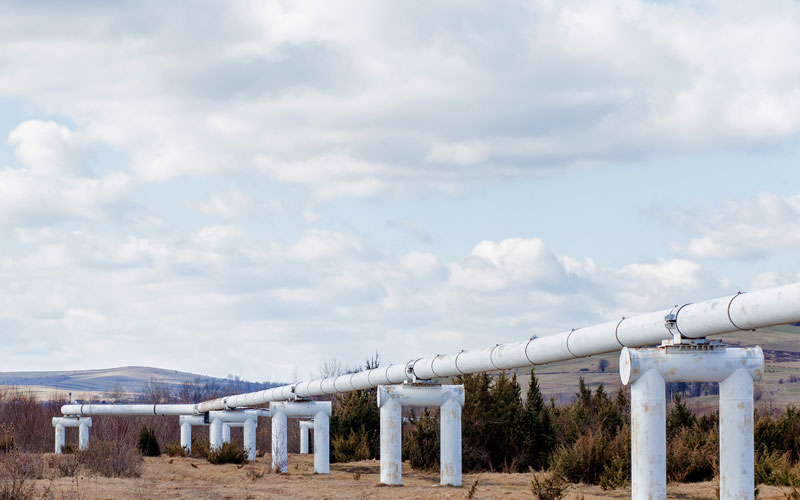Nigerian National Petroleum Corporation will buy a 50% stake in the USD 25 billion Nigeria-Morocco gas pipeline project. The pipeline shall be the world’s largest offshore project spanning 5,600 kilometers.

The Nigerian National Petroleum Corporation (NNPCL) will invest USD 12.5 billion to secure a 50 percent stake in the USD 25 billion Nigeria-Morocco gas pipeline project. The project is the world’s longest offshore gas pipeline, covering some 5,600 kilometers across 11 African countries.
The strategic Nigeria-Morocco gas pipeline project will run along the West African coast from Nigeria, through Benin, Togo, Ghana, Côte d’Ivoire, Liberia, Sierra Leone, Guinea, Guinea-Bissau, Gambia, Senegal, and Mauritania to Morocco. It will be connected to the Maghreb-Europe gas pipeline and the European gas network and will also supply the landlocked states of Niger, Burkina Faso, and Mali. NNPCL and the National Office of Hydrocarbons and Mines (ONHYM) are jointly financing the project in equal parts.
The Nigeria-Morocco gas pipeline is one of the flagship projects linking the two countries through several West African countries. Studies for this mega-project are at an advanced stage and MoUs have been signed in recent months. The first was signed between the Economic Community of West African States (ECOWAS), the Federal Republic of Nigeria, and the Kingdom of Morocco. Two others were signed between Morocco, Nigeria, and Mauritania on the one hand, and Morocco, Nigeria, and Senegal on the other.
Five other tripartite MoUs were concluded respectively and successively between Morocco and Nigeria, on the one hand, and Gambia, Guinea Bissau, Guinea, Sierra Leone, and Ghana, on the other.
Also Read: IGL Signs MoU with Green Energy Group ACME for Green Hydrogen Business Opportunities
Mr. Mallam Mele Kyari, MD of NNPCL, said that the Corporation’s pipeline project, which will link Nigeria to Morocco, is already in Phase II of the preliminary design study, and is undergoing an environmental impact assessment and rights of way investigations.
According to Kyari, NNPCL is taking advantage of Nigeria’s huge natural gas reserves of more than 200 billion cubic feet, which could grow to 600 billion cubic feet as more investment is expected due to the recent resolution of production sharing contract disputes with partners. He added that Nigeria’s gas infrastructure network has the capacity to transport about 6.9 billion standard cubic feet of gas to support power generation.










